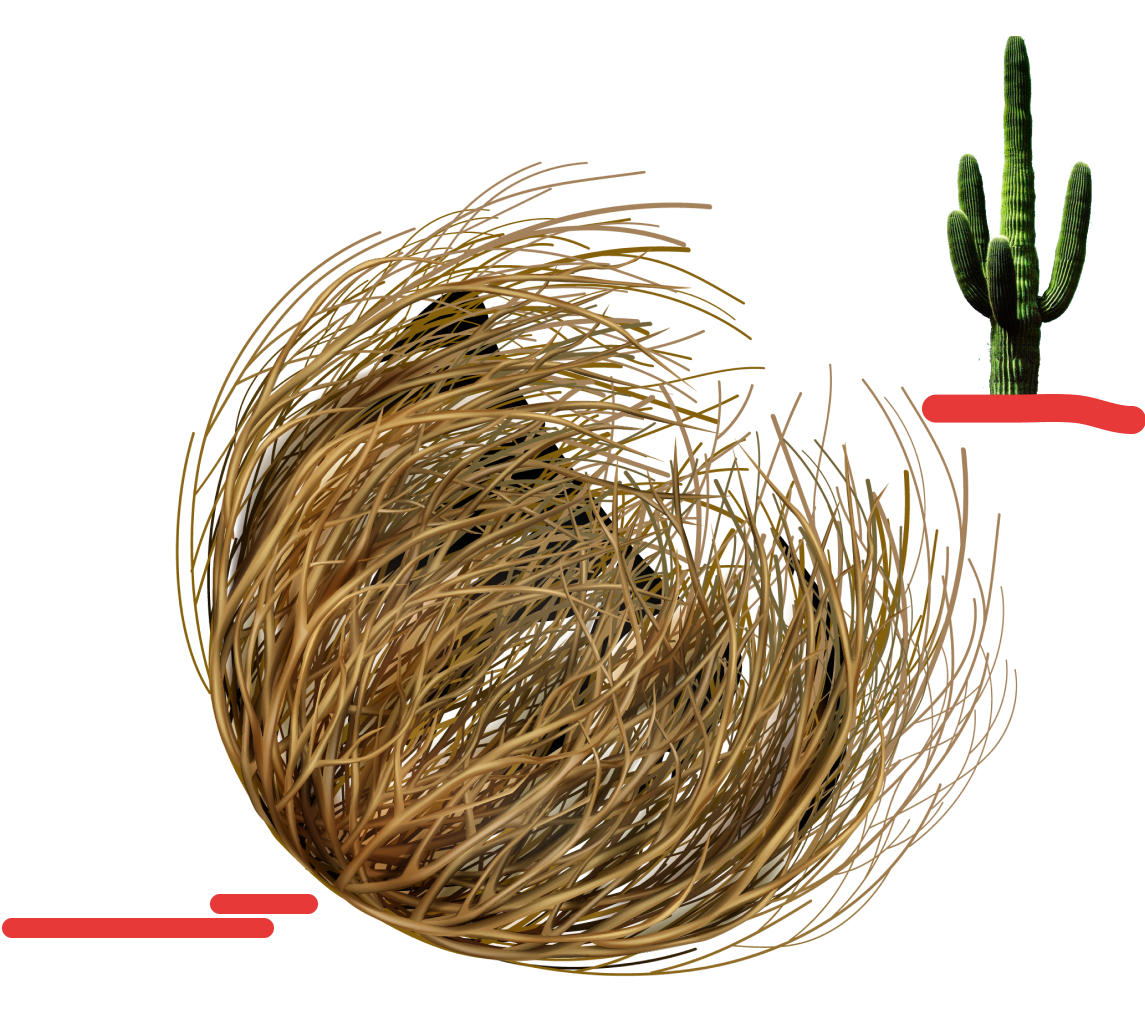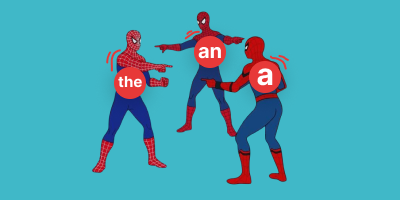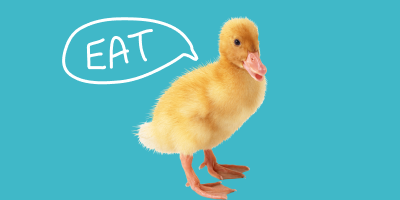Plural nouns in English: grammar and Bukowski's cocktail

About course
This course focuses on the topic of plural nouns and countable and uncountable nouns in English.
To master this grammar, we suggest you use the storytelling method. Research in the field of cognitive science and the work of the brain shows that information is best absorbed in the form of a narrative - that is, a coherent story. This method is widely used to study vocabulary. However, we suggest also using it when learning grammar.
In this course, you will learn how to make Charles Bukowski's favourite cocktail and master the nuances of using nouns in English.
-
Level: Beginner
-
20 minutes
- 1 урок
-
4 tasks
-
Teacher's language: Ukrainian
Course program
1 УРОК
Old fashioned
Bukowski's favorite cocktail recipe. Let's analyze the ingredients, and consider countable and uncountable nouns using the recipe as an example.
Grammar
Methods of formation of plural nouns in English. Rules for using articles with countable and uncountable nouns.
Tasks
Tasks for fixing the material.
Who is this course for
This course is suitable for beginner to intermediate levels. If you have just started learning English, then you definitely need to check out this topic.
For those who like to combine business and pleasure :) After all, this course contains both - grammar and a recipe for an excellent cocktail.
The course will appeal to those who like to learn grammar from a real context.
And of course, this course is for those who are legally allowed to buy alcohol.
What will you get after the course
You will learn how to use nouns in English correctly. You will get the difference between countable and uncountable nouns. And you will learn how to make Charles Bukowski's favorite cocktail.
-
Level: Beginner
-
20 minutes
- 1 урок
-
4 tasks
-
Teacher's language: Ukrainian
The plural form of nouns in English is formed by adding the endings -s or -es to the singular form. For example, one apple – several apples; one fox – several foxes. However, plural is not always formed according to such a clear rule, as there are many exceptions and nouns that always have only plural or only singular form in English.
Rules for forming plural nouns in English
The general rule for forming plural forms is quite simple: when a singular noun ends in a consonant sound or the letter -e, we add the ending -s. If the word ends with such combinations as -s, -ss, -ch, -sh, -x, -z, then we use the ending -es. For example, cat – cats, box – boxes.
However, the rules for forming plural forms have their exceptions due to different noun endings. In particular, we can also use the plural endings -ves, -oes, -ies. Check and memorize the rules and examples of such words in the table below:
|
-ves ending |
-oes ending |
-ies ending |
|
If the noun ends in -f or -fe:
Exceptions: chefs, chiefs, roofs. |
Words ending in -o after a consonant:
Exceptions: demos, photos, virtuosos. |
When a noun ends in -y after a consonant:
When -y comes after a vowel, we simply add -s. |
It is worth remembering a few more exceptions to the formation of plural nouns:
-
if the word has the ending -um, it should be removed and the ending -a should be used instead: bacterium – bacteria;
-
if a word ends in letters -is, they must be replaced with -es: crisis – crises;
-
when the singular form ends in -on, we should use -a in the plural: criterion – criteria;
-
the ending -us is sometimes replaced by -i: radius – radii.
Words that don't change at all in the plural
In addition, the plural form in English may not affect writing or speaking at all:
-
deer;
-
moose;
-
offspring;
-
sheep.
Nouns that change completely
Who among us has not confused the words “woman” and “women” at school? English has a lot of nouns that are partially or fully changed in the plural:
-
child – children;
-
foot – feet;
-
person – people;
-
mouse – mice;
-
goose – geese.
Irregular nouns
As mentioned above, the plural in English is not always formed according to one general rule. In particular, there are irregular nouns in English that always have only one form – singular or plural. Here are some examples:
-
Nouns that have only a singular form. These nouns have the ending -s and can mislead us by suggesting plurality. However, they are always singular: billiards, maths, aerobics, politics. Nouns that have only a singular form most often refer to sciences, sports disciplines, and names of diseases. This category includes words ending in -ics.
-
Nouns that have only a plural form. Such words most often refer to paired things that cannot exist separately: binoculars, glasses, jeans, pincers, slippers. However, there are some nouns that are used in plural without any logic: congratulations, earnings, goods. Many words that have only these form can also have a singular form with a different meaning: “savings” is money that you have saved and “saving” is when you pay less money than you would usually have to.
Also note that in sentences with singular nouns, verbs must also be used in the singular. With irregular plural nouns, use the verb in the same form.
Learn the plural nouns rules with Booyya
The English language has so many rules and exceptions that, at first glance, it seems impossible to remember all of them. However, with the help of a professional and entertaining course, and a little effort, you can quickly master this topic. That's why Booyya has created a new grammar course designed to make learning English easier for beginners.
What the new grammar course from the Booyya platform can offer:
-
an interesting and witty explanation of grammar in the form of storytelling – you will be able to get acquainted with the recipe of a famous cocktail and see how the plural form of words is formed;
-
a short and clear presentation of the grammar related to the formation of plural nouns + the use of articles;
-
exercises to consolidate your knowledge of nouns in plural so that you apply the theory in practical situations.
The course is designed for beginners and intermediate learners who want to improve their understanding of English. The course contains only one comprehensive lesson that will help you learn a very important topic in just 20 minutes. However, we recommend that you return to it from time to time to revise your new knowledge (as well as the recipe for a delicious and unusual cocktail).
- access to all 213 English courses on the platform, except for the English PRO series
- 2 - 4 new courses every month
- exclusive access to SUBSCRIPTION ONLY courses
- access to the Smarte+ - smart online tool for English practice
- unlimited studying for the selected period
- access to self-study English plans
























